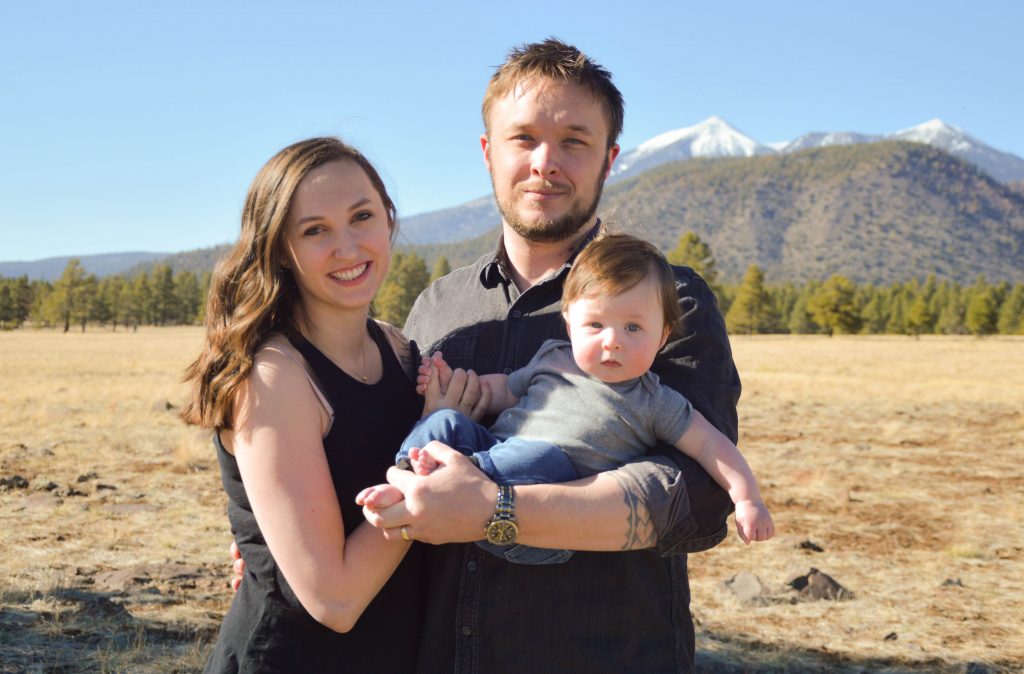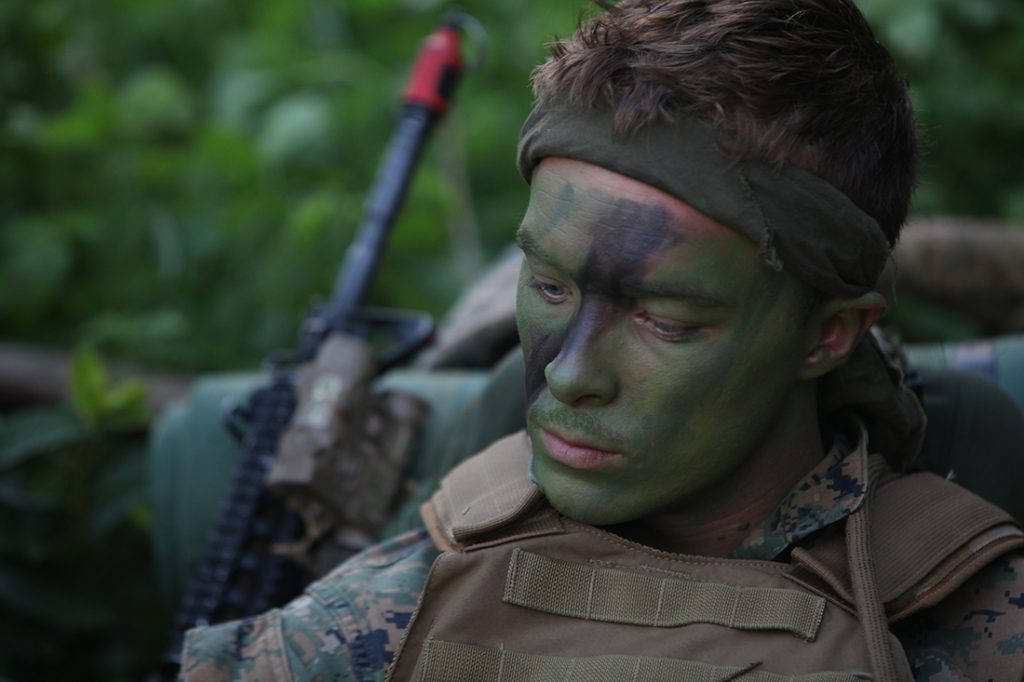*Editor’s Note: The “Views from NAU” blog series highlights the thoughts of different people affiliated with NAU, including faculty members sharing opinions or research in their areas of expertise. The views expressed reflect the authors’ own personal perspectives.
 By Zach Hamilton
By Zach Hamilton
Coordinator, Veteran & Military Services
Nov. 11, Veterans Day, is set aside each year to honor the service and sacrifice of our military servicemembers. On campus, we’ll be hosting several events that will recognize the veterans at NAU as well as those in our Flagstaff community. I think these events are an excellent opportunity for our veterans to share their experience and insight, as well as spend time with other veterans in the community. For my own part, I’m much more comfortable writing about my experience than I am standing in front of people talking about it, so I’m grateful for the opportunity to share it here.
The events in Afghanistan this year inspired me to reflect, with a more critical view, on the time I spent there and the motivations I had for joining the military in the first place. My family has a long history of service in the military. When my job disappeared in the 2008 recession, my decision to join the Marines wasn’t without precedent. As I prepared myself for the physical challenges of recruit training, I think my father had different concerns on his mind. He had been a naval flight officer during Desert Storm. He once cautioned me that the military can provide experience that isn’t obtainable anywhere else, but that I might look back at it someday through a different lens. I was caught up in the romantic dream of dress blues and honor. At the time, I didn’t really get the message. I shipped off to boot camp on the Ides of March 2009.
A year and a half later, in September 2010, I boarded a plane with the rest of Kilo Company, 3rd Battalion 5th Marines. We would spend the next seven months fighting to gain control of a small district in Helmand Province called Sangin. At the time, it was one of the most dangerous and kinetic regions on the planet. Sangin district was a verdant farmland that followed the Helmand River. For the Taliban, the poppy grown there was a major source of income. It was vitally important to them, and casualties suffered by both sides reflected that. Still, we made progress. When we arrived, the Taliban was there to greet us as soon as we left sight of our patrol base. By early spring we had denied them access and influence over the local populace, and we had cleared major roadways and protected major infrastructure. By the end of our tour, we had near-complete control of the district. We returned to California in April 2011 feeling triumphant. By 2014, control of the district was given over to the Afghan National Army we had trained. They swiftly abandoned Sangin to the Taliban. Earlier this year we saw a similar story repeated on the national stage as the Taliban regained control of Kabul. I was reminded of my father’s warning. Considering the outcome in Afghanistan, I turn to examine the things that I can quantify about my time there and search for lessons that have made me who I am today. That deployment was a short and violent period in my life. From it, I gleaned lessons on empathy, context for human suffering and gratitude for peace.

Returning to the subject of Veterans Day, I think it’s important to raise awareness of the challenges that veterans face upon returning home. Just as important, Veterans Day is a time for us to examine why service was required in the first place and hopefully avoid conflicts in the future. A few months ago, we celebrated my son’s first birthday. Someday I’ll have to tell him about my experience in war, and I hope that he’ll be more willing to listen than I was. I hope that I can teach him that Veterans Day is about acknowledging the sacrifices of our military without glorifying it. I hope to teach him to express gratitude for their service, but still lament that their service was required in the first place.




 By Zach Hamilton
By Zach Hamilton